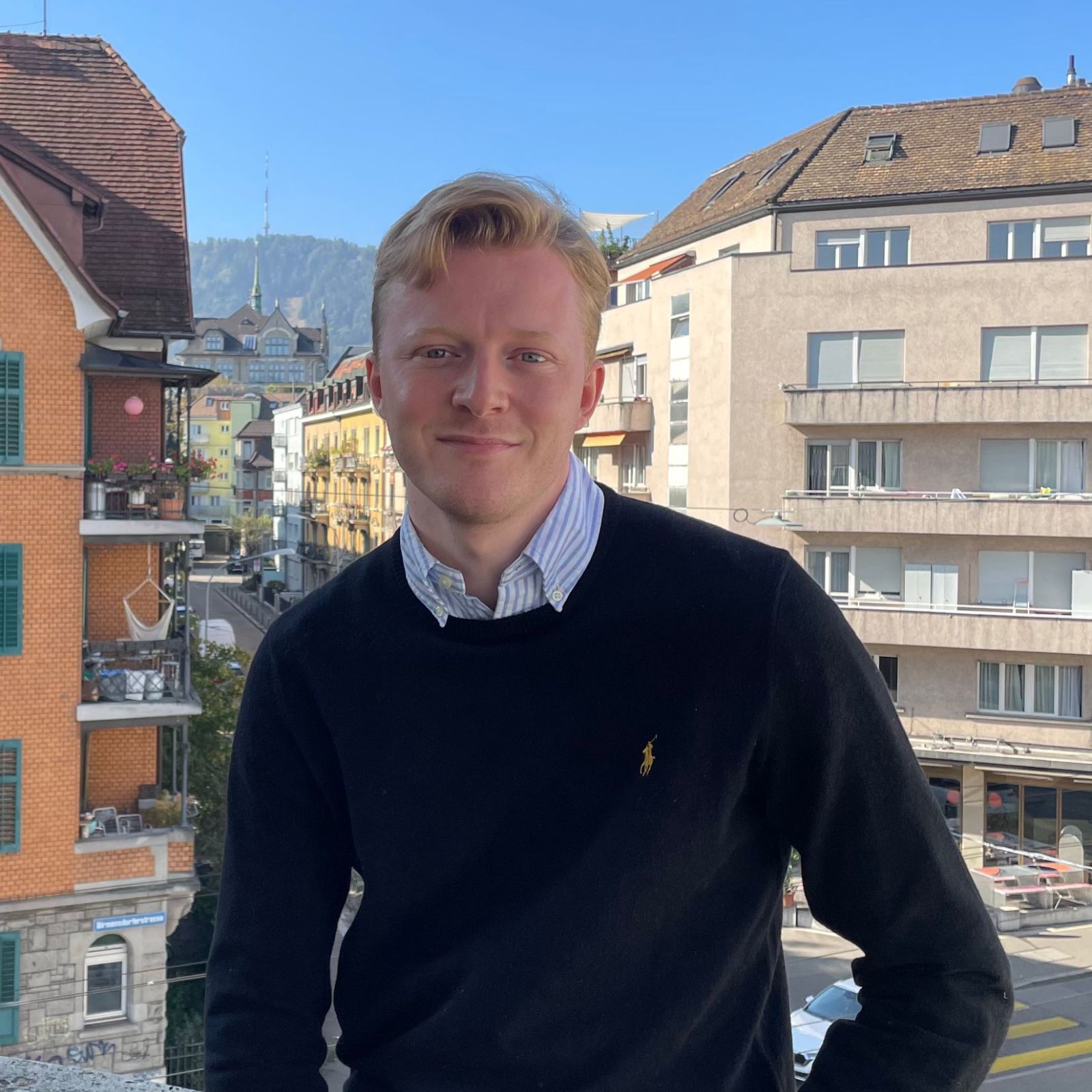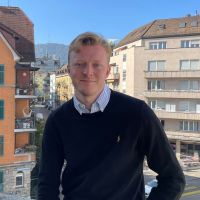5 min read
We sat down with Linus, who took EC104: The Wealth (and Poverty) of Nations: Global Economic Development Past and Present in 2023, to learn more about his experience of the course - from the teaching to his highlights.
Why did you decide to attend LSE Summer School?
I decided to attend LSE Summer School to broaden my personal and academic horizons. Besides the excellent reputation of LSE, it is also very exciting to live in London for some time. Furthermore, I wanted to make new contacts and take advantage of all the leisure activities offered by LSE, so I could experience a relaxing and exciting summer in addition to the lectures. After clarification from my university, it was also possible for me to transfer the credits I earned at Summer School and have them credited to my degree. This offered me a cool change from my daily study routine, and I now have to complete one less course at my hometown university.
Why did you choose EC104?
I chose the course EC104: The Wealth and Poverty of Nations because it provided me with solid knowledge of economic history and taught me simple economic concepts and theories. The course focuses on how civilisation evolved along with the economy, which was very exciting for me. We started by studying the economic motivations of cavemen and ended the course with a look into the future and the trends that might come with it. In between, we focused on important topics, which was extremely educational for me. For example, we examined the theories surrounding the “Great Divergence". This gave me a broad understanding of the differing development of various countries and parts of the world.
All in all, the course provides an excellent overview of why and how certain countries have developed differently up to now. This gave me with a good understanding of the current economic situation and the history behind it. With my more technically focused studies, I was looking for exactly such a course.
Tell us about an average day as a student on EC104.
Each day began with a seminar, which about 15 students attended. In this format, you and your classmates discuss the relevant literature and the topics of the previous afternoon-lecture the day before. I always enjoyed these morning seminars because you discuss and debate the material together with your teacher. It is very important to read and prepare the relevant texts, otherwise it is difficult to make valuable contributions in the small class.
In the afternoon there were always traditional lectures. Over the course of three hours (including a break) you get theoretical inputs about selected topics. The theory is supplemented each day with a case study, so that the students don't just have to listen, but can also become interact and actively participate. As already mentioned, the theory covered was discussed in more detail the next morning.
What was your favourite part of EC104?
My favourite part of the course was the morning seminar. I really liked discussing the read texts and charting any theories the authors may have had. It gave me an in-depth knowledge of various economic theories that the authors outlined in their papers. The comparison and debate of two contradictory theories about the same topic was very exciting for me.
What advice would you give to students considering EC104?
My main advice is to read the relevant literature. Even if it sometimes looks like a lot of work, it brings many advantages to read them well. On the one hand, you prepare yourself for the seminars in the morning, and on the other hand, the knowledge you gain helps you to complete your course assignments. For me, the reading helped me to gain a good grade and strengthen my English.
What are your short-term professional goals, and how does EC104 contribute to these goals?
I would like to learn about as many topics and areas regarding the combination of business and computer science as possible. EC104 offered a perfect complement to my rather computer science-heavy studies at home. LSE helped me to strengthen and specifically expand my economic knowledge. My goal is to pursue a career in banking & finance and therefore it is important to know and understand the basic economic history and the concepts behind it. It helps you to understand how the economy works and what it's influencing factors are.
Was meeting and talking to other students on your course easy?
Because of the smaller classes in the morning, it was very easy to get to know other students. You discuss current topics of the subject daily and can support each other in case of questions and uncertainties. It is a great change from the lectures in the afternoon, where you are mostly busy listening.
Did you feel supported by your lecturers?
I felt very well supported by the lecturers. During the breaks and after the classes, the teachers were always available to answer questions and provide explanations about certain topics. They also answered e-mails, but the simplest way is to just approach the teachers in person. Especially in the morning class, there is always plenty of time to answer questions. I felt very comfortable and could have approached the teachers without any problems if I had any difficulties regarding LSE or life in London.
What was your favourite part of studying at LSE?
At LSE, I particularly liked the great atmosphere on campus. All students, teachers, or staff working on campus were always friendly and courteous. This creates a very pleasant atmosphere and great culture. I got the feeling that everyone could be themselves and everyone on campus was there to make new friendships and further their education. Furthermore, the diverse backgrounds of everyone present added a unique richness to conversations and interactions. The blend of cultures and perspectives offered an unparalleled learning environment, making every day an enlightening experience.
What would be your top tip for future Summer School students?
My most important piece of advice for future participants of the Summer School is to make the most of the available time. I recommend always attending all the lectures and, above all, participating in the social programme as often as possible. In addition to parties, many events on current topics across all areas are organized. I encourage everyone to fully utilize this offer. Consider attending seminars outside your field of study to broaden your horizons. This might lead you to meet intriguing people you wouldn't have met otherwise on campus or in lectures.

